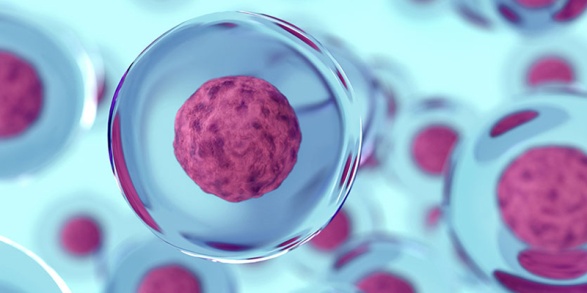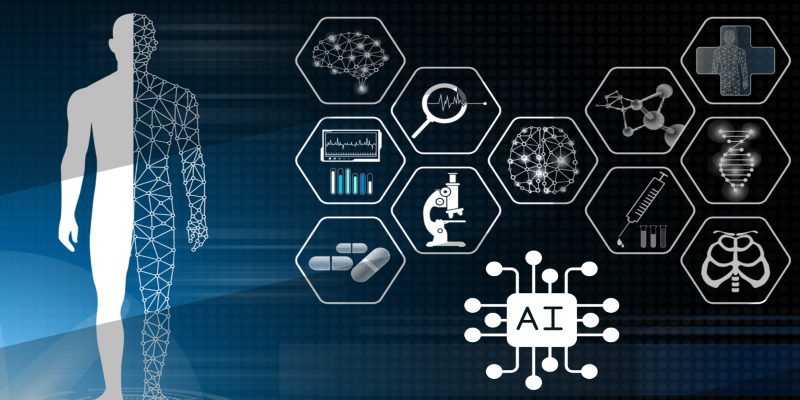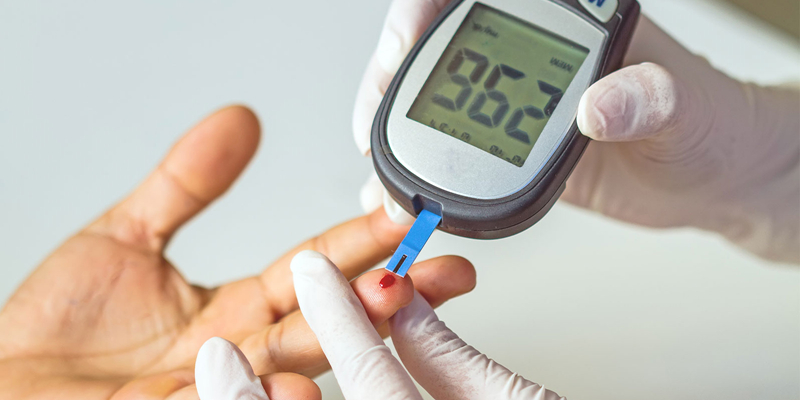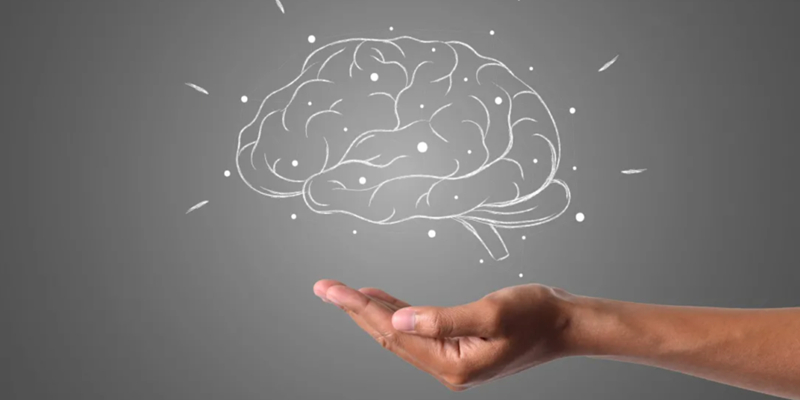4 Key Hormones and How They Affect Your Overall Health
4 Key Hormones and How They Affect Your Overall Health
Are you feeling tired, moody, or just not yourself lately? Hormones could be to blame. Hormones are potent chemicals that affect almost every cell and organ in our bodies. When certain vital hormones are out of balance, it throws us for a loop.
This blog post will discuss four essential hormones and how they impact your overall health. Understanding these hormones can help you get to the root cause of unwanted symptoms.
It also allows you to take steps to rebalance your hormones naturally. Let's dive in!

What Are Hormones?
Hormones are substances secreted by various glands and organs that travel through the bloodstream, coordinating vital bodily functions.
They deliver messages between cells, ensuring proper stimulation or inhibition of processes like growth, reproduction, metabolism, inflammation, etc. Tiny fluctuations cause big ripples affecting almost all aspects of health.
Impact of 4 Key Hormones on Health
We all know hormones are essential, but few realize how significantly these chemical compounds affect almost every aspect of our health. Today, we'll overview four vital hormones and how they regulate critical bodily processes.
1.Estrogen
Estrogen refers to a group of female sex hormones responsible for the development and regulation of the female reproductive system. The three major types of estrogen are estradiol, estrone, and estriol.
Estrogen plays a pivotal role in reproductive health and pregnancy. This hormone thickens the lining of the uterus, regulates the menstrual cycle, and maintains the health of tissues like skin, hair, nails, arteries, bone, pelvis, vagina and breasts.
The onset of puberty causes estrogen production primarily in the ovaries. The adrenal glands and fat tissues also produce some estrogen. Estrogen levels fluctuate throughout the menstrual cycle, peaking just before ovulation. Production declines closer to menopause as ovulation becomes less frequent.
Impact of Estrogen on Health
Estrogen balance affects mood, cognition, bone density, heart health, weight distribution, sleep quality, libido, healthy ageing, and cancer risk. Too much or too little can lead to issues like infertility, endometriosis, breast pain, irregular periods, hot flashes, and night sweats.
2.Insulin
Insulin is an important hormone secreted in the pancreas and released into the bloodstream. It plays an integral role in regulating blood sugar and the breakdown of carbohydrates.
The main job of Insulin is to help transport glucose from your blood into cells after eating a meal. It enables cells to turn glucose into energy. Insulin also stimulates the liver and muscles to store any excess sugar.
The pancreas makes Insulin in response to an increase of glucose in your blood, whether from digested food or your liver releasing stored glycogen. This typically happens after consuming a meal containing carbohydrates that convert into blood glucose.
How does Insulin impact your health?
Balanced insulin levels keep your blood sugar stable, preventing diabetes. Insulin imbalance causes resistance, reducing your cell's ability to respond to Insulin.
Over time, the body loses its capacity to produce adequate Insulin, resulting in high blood sugar levels. This cascades into inflammation, weight gain, nerve damage, fatigue, blurred vision, infections, cardiovascular disease, and more health issues over time.
3.Cortisol
Cortisol is known as the primary stress hormone. It plays a vital role in our body's stress response and regulates a wide range of metabolism, immunity, and other processes.
Cortisol's primary functions are increasing available energy to address stressors, reducing inflammation, and lowering nonessential functions. It mobilizes glucose reserves for quick energy, increases heart rate and blood pressure, and heightens brain activity and alertness.
The adrenal glands release cortisol on cue from the pituitary gland. Stressful events, trauma, hypoglycemia, pain, fever, surgery, emotions, and more can trigger cortisol secretion. Production tends to peak in the early morning and decline by bedtime.
Impact of Cortisol on Health
Balanced cortisol is protective. Excess cortisol from chronic stress, however, can suppress the immune system. It also causes unwelcome symptoms like fatigue, back pain, loss of libido, mental fog, irritability, depression, bone loss, and weight gain.
Long-term rebalancing cortisol levels lead to improved sleep, mood, mental clarity, skin health, weight loss, and disease resilience.

4.Thyroid Hormone
Your thyroid gland produces the thyroid hormones triiodothyronine (T3) and thyroxine (T4). By controlling your metabolism, these hormones significantly influence every cell, tissue, and organ.
Thyroid hormones regulate metabolic activities like heart rate, body temperature, breathing, central nervous system functioning, digestion, muscle control, bone maintenance, and cholesterol levels.
The hypothalamus first releases thyroid stimulating hormone (TSH), which then triggers the thyroid to produce its hormones. The production relies on adequate iodine consumption from seaweed, eggs, and salt.
What is the impact of thyroid hormones on health?
When thyroid hormones dip too low (hypothyroidism), metabolism slows, causing weight gain, fatigue, feeling cold, hair loss, swelling, bowel issues, mood changes, and high cholesterol.
Excess thyroid hormone speeds things up too much (hyperthyroidism), making you anxious and irritable, sleep poorly and risk an irregular heartbeat. Keeping T3 and T4 in the optimal range is vital for health and avoiding disease long-term.
Conclusion
Healthy hormone levels provide increased energy, balanced moods, restful sleep, strong immunity, faster metabolism and reduced disease risks as you age.
Get tested annually, make lifestyle adjustments as needed, and talk to your doctor about the first signs of hormone-related symptoms.











